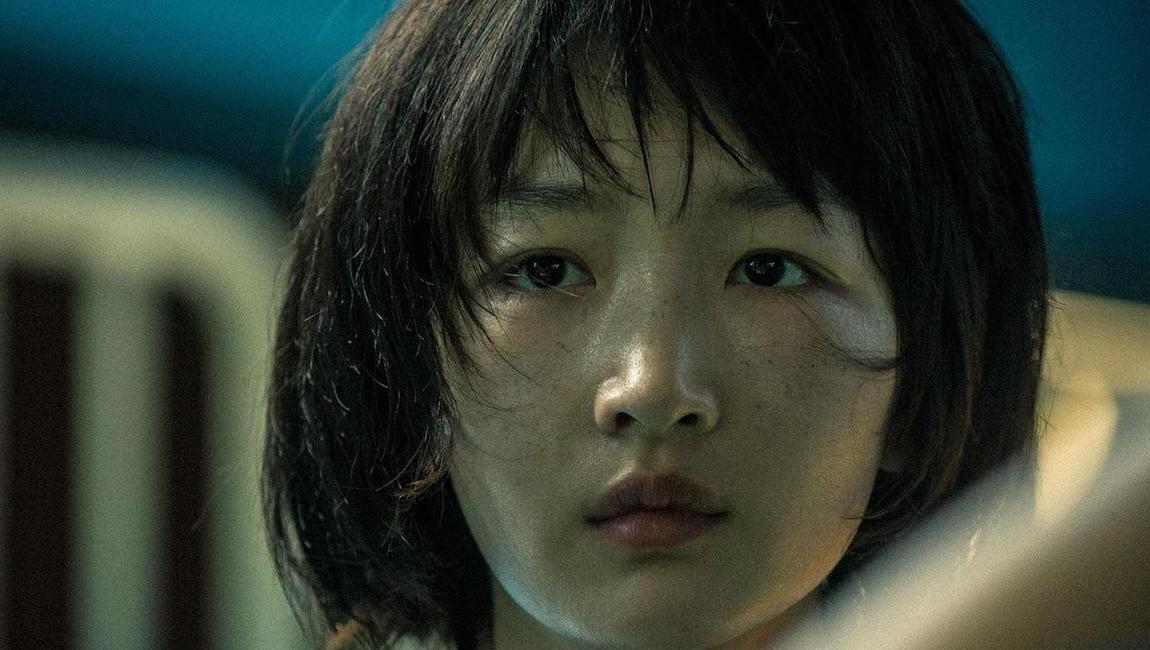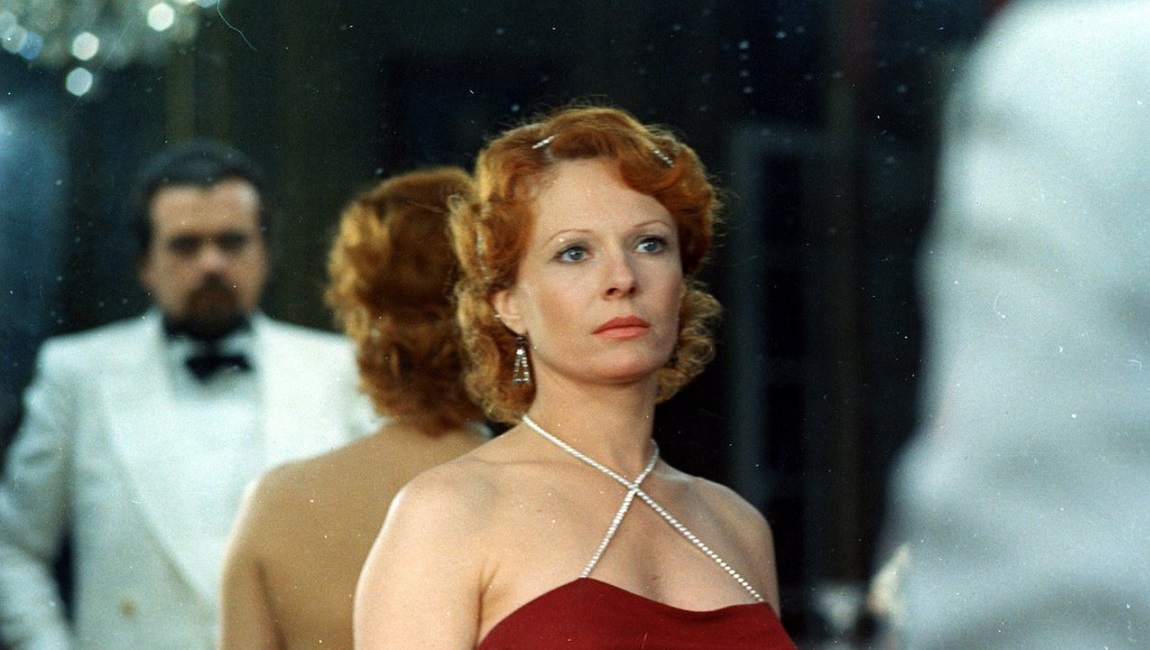Like numerous other films from Mainland China this year, Derek Tsang’s Better Days has traveled a troubled path from production to the screen: It was initially set to premiere in competition at the Berlin International Film Festival in February, alongside Zhang Yimou’s One Second, until both films were pulled for unspecified “technical” reasons just before their respective screenings. The incident would prove to be the start of a trend, as more Mainland films saw planned festival screenings and general releases delayed, challenged, or canceled entirely, with the apparent reason being that the Chinese government fears even vaguely sensitive content serving as a representation of the nation’s culture during the time of two crucial anniversaries. While Beijing’s focus has, of course, been on the 70th anniversary of the People’s Republic, 2019 also marks 30 years since the Tiananmen Square incident — a subject that’s still deeply taboo in the country.
Better Days has had not only these circumstances threatening its fate, but it itself also covers a taboo subject: bullying, specifically in Chinese public schools, and spurred by the pressure-cooker environment of the Chinese school system itself. Better Days did finally secure a general release date, but those plans, too, were scrapped at the last minute, owing to an uncomfortable proximity to the administration of the National College Entrance Exams, a high-stakes round of tests which determine admission to almost any undergraduate institution in China — and which happen to play a pivotal role in the plot of Better Days. All of this context, gratifyingly, hasn’t served to drown out the film itself — which finally did get released this month (in re-edited form) — so much as it does fortify Better Days’ essential message: Chinese youths face enormous obstacles on the road to self-reliant adulthood.
The cratering emotional impact of the film, though, is owed to Tsang’s knife’s-edge balance of broad melodrama and acute social realism — a balance maintained by immense performances from his film’s two leads, Zhou Dongyu (who Tsang worked with on his previous film, Soul Mate) and popstar-turned-actor Jackson Yee. And while censorship has succeeded in blunting some of the bold intensity of Better Days (one scene of a brutal act of bullying has been substantially truncated, and framing scenes have been blatantly inserted at the beginning and end of the movie to bolster a message of law enforcement’s effectiveness), plenty of galvanizing evidence of institutional failure still shines through here, illuminating the extent to which bullying is a deeply troubling cultural issue — and implicating police unresponsiveness and the bureaucratic inaction of educational institutions. Tsang also never lets his film’s more boisterous aesthetic gestures — the constant presence of a sweeping score and the energetic, recurring use of montage — offset the sobering resonance of his difficult subject. On the contrary, Better Days is as powerful a statement as it is precisely for its combination of accessible, pop-filmmaking form and an unsparing, combative realism. Here’s hoping that its belated escape from release purgatory bodes for better days ahead in the battle against a tightening Chinese censorship.







